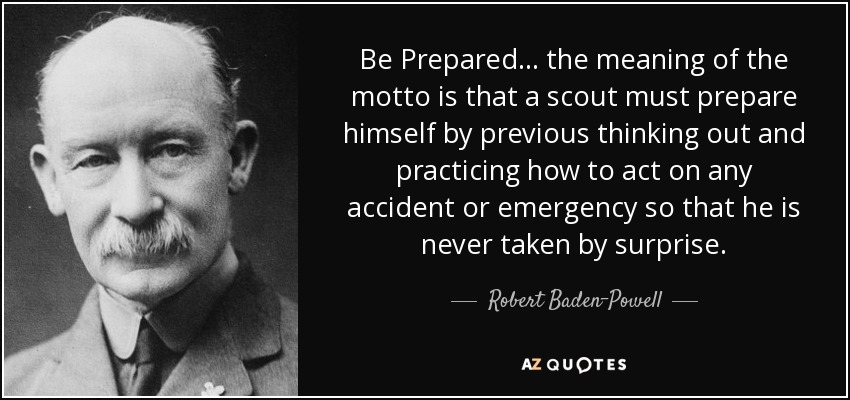Click here to return to Blog Post Intro
The Apostles’ Creed: Together We Believe by Matt Chandler
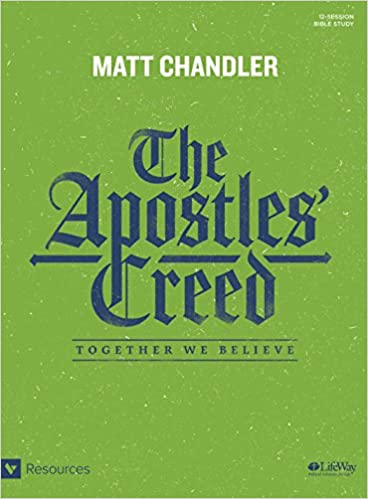
This portion of the Creed transitions from Jesus’ past and present ministry into His future work. These words direct our attention to Jesus’ return. Remember what was said to the disciples on the Mount of Olives?

Jesus’ ascension was not only proof of His authority but also a promise of His return.

Although it hasn’t happened yet, the second coming of Jesus is just as certain as His first coming. The question to ask yourself isn’t a matter of when He will return, because we can’t know. The only question you need to ask yourself is whether you’re ready to stand before Him when He returns to judge the living and the dead.
Most of the time we don’t like to think about God’s judgment. We prefer to dwell on the God who “so loved the world, that He gave His only Son” (John 3:16). However, we must recognize that without faith in Jesus, we would all rightfully receive the punishment we deserve for our sin. For those who belong to Christ, though, He has taken the punishment of death and God’s wrath on Himself. But those who haven’t placed their faith in Jesus, refusing to bow their knee to Him as Lord, they’ll receive the judgment they’re due
As we all give an account for every single thing we’ve done, there’s no amount of good that will outweigh the bad—for any of us. Justice will be served, and all sin will be accounted for. Ultimately, Jesus is the only reason we don’t stand condemned in the sight of God.
Apostles’ Creed by Alister McGrath
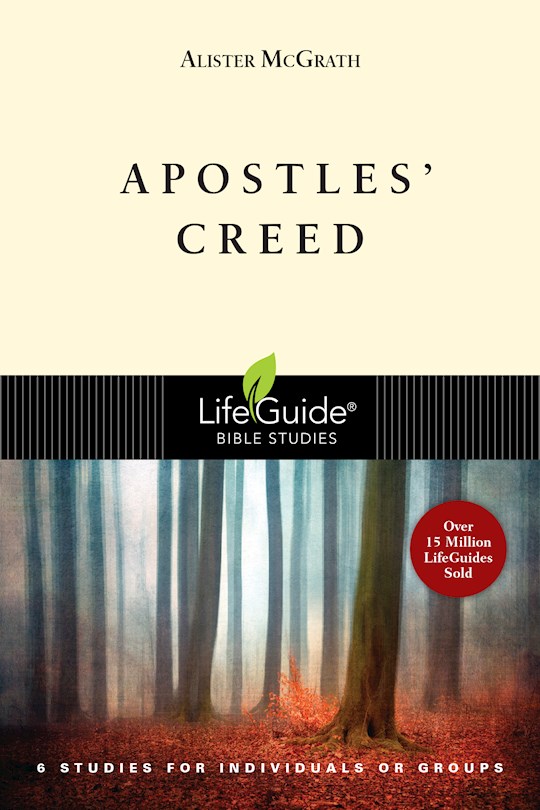
Many people find the idea of judgment deeply threatening. Three points may be helpful:
- We are judged by someone who knows us totally. We can be honest about ourselves with God in a way that is impossible with other people.
- We are judged by someone who is passionately committed to us. The cross reveals God’s love for us as well as His judgment on us.
- We are judged by someone we know and trust. We have already been judged and know the outcome of that judgment. Only God can save, and praise be to God that Jesus steps in as our Savior!
The Apostles’ Creed: A Guide to the Ancient Catechism by Ben Myers

And this is the judgment, that the light has come into the world, and people loved darkness rather than light. – John 3:19
When the ancient Christians talked about divine judgment, they were careful to avoid the impression that there are two different gods—a god of wrath and a god of grace.
The judgment that Christ brings creates a division within ourselves. None of us is entirely good or entirely bad. Each of us is a mixture. The bad grows up in our lives like weeds among the wheat, and the two are so closely entwined in this life that we can’t easily tell the difference (Matthew 13:24-30). So, it is a comfort to know that one day someone else will come and lovingly separate the good from the bad in our lives.
As fourth-century writer Gregory of Nyssa put it, “The divine judgment…does not primarily bring judgment on sinners… It operates only by separating good from evil and pulling the soul toward communion in blessedness. It is the tearing apart of what has grown together which brings pain to the one who is being pulled.”
Jesus will come to judge the living and the dead. That will be the best thing that ever happens to us. On that day, the weeds in each of us will be separated from the wheat. On our judgment day, we will be able for the first time to see the truth of our lives, when we see ourselves as loved.
Affirming the Apostles’ Creed by J. I. Packer
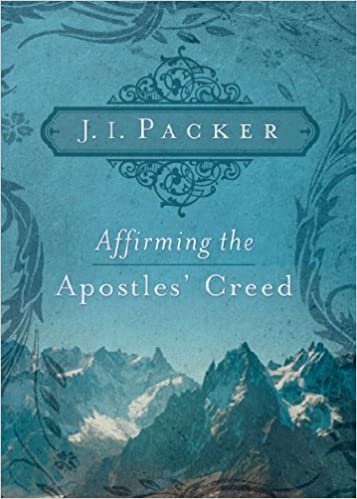
The Christian’s Hope
Nowhere does the strength of the Creed as a charter for life come out more clearly. In today’s world, pessimism prevails because people lack hope.
Christians have hope because Christ comes for every Christian at death, and the Creed looks to the day when he will come publicly to judge all men—Christians as Christians, accepted already, and rebels as rebels, to be rejected by the Master whom they rejected first.
The hope of Christ’s return thrilled New Testament Christians, as witness over 300 references to it in the documents—on average, one every 13 verses. But to us, it seems not so much exciting as embarrassing for the following four reasons:
- This is a reaction from a century and a half of intense prophetic study expressing a spirit of prayerless pessimism about the church and doom-watching detachment from the world.
- This is a time of skepticism as to whether Christ personally and physically rose and ascended.
- This is a time of timidity, in which Christians live in the self-sufficiency of Western secularism and Marxist ideologies, do not challenge their “this-worldy” preoccupation.
- This is a time of worldly-mindedness, at least among prosperous Christians of the West. We think less and less about the better things that Christ will bring us at his reappearance because our thoughts are increasingly absorbed by the good things we enjoy here.
All four attitudes are unhealthy and unworthy of our God.

How does one get and stay ready?
- By keeping short accounts with God and men
- By taking life a day at a time, as Jesus told us to do (Matthew 6:34)
- By heeding the advice of Bishop Ken’s hymn, “Live each day as if thy last.”
If Boy Scouts can learn to live realistically in terms of the motto “Be Prepared” for any ordinary thing that might happen, why are Christians so slow to learn the same lesson in relation to the momentous event of Christ’s return?
The Apostles’ Creed: Discovering Authentic Christianity in an Age of Counterfeits by R. Albert Mohler, Jr.
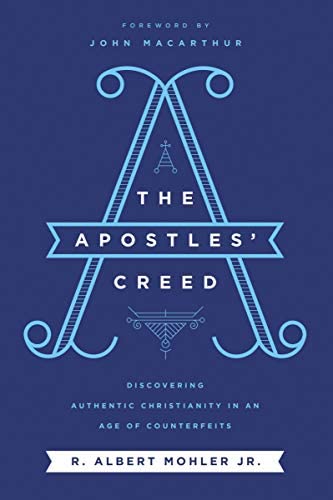
From the earliest days of our lives, we are told stories that begin with “Once upon a time” and end with “They all lived happily ever after.” We crave resolution to our stories.
Every worldview makes an argument for how history will end and that end’s significance. No matter our worldview, human beings have an instinctive yearning to know the future and to live our lives in light of the future.
Scripture provides us with a grand metanarrative that takes us from creation to new creation. The Christian gospel is expressed as a story:
- Past: Our sin and what God has done for us in and through Christ
- Present: How we are to respond to what God has accomplished for us in Christ
- Future: How we are to hope with confidence as we anticipate the fulfillment of all God’s promises
The Creed reflects this same future orientation in the words: whence he shall come to judge the quick (living) and the dead.
Therefore, Christians do not merely put their hope in Christ then go about living according to the passions of their former ignorance. Every believer is urged to “set your hope fully on the grace that will be brought to you at the revelation of Jesus Christ” (1 Peter 1:13).
When the Son of Man comes in his glory, and all the angels with him, he will sit on his glorious throne. All the nations will be gathered before him, and he will separate the people one from another as a shepherd separates the sheep from the goats. He will put the sheep on his right and the goats on his left. Then the King will say to those on his right, “Come, you who are blessed by my Father; take your inheritance, the kingdom prepared for you since the creation of the world.”
Matthew 25:31-34
The Bible is very clear that on the last day Christ will separate the sheep from the goats. Christ’s sheep will go into everlasting blessedness in heaven; and the goats will suffer everlasting torment in hell.
We live in a day when there are many people trying to “air-condition hell.” The impulse toward universalism is an effort to make sure that no one is ever in hell. Other theologians try to temporalize hell so that it’s a present reality of suffering. But the Bible presents a very real hell of eternal conscious torment.
The cosmic display of God’s holiness and mercy is coming. Anthony Hoekema has it exactly right, “The necessity of this judgment does not stem from there being any question about the destiny of the judged. That is already established.”
As John 3:18 puts it, “Whoever believes in him is not condemned, but whoever does not believe stands condemned already because they have not believed in the name of God’s one and only Son.”
The fact that Christ is coming “whence to judge the quick and the dead” tells us that we are not going to have our best life now, nor should we look for it. We can live with confidence only because we have assurance that we know the future. The future is Jesus Christ, and we are safe in Him.


